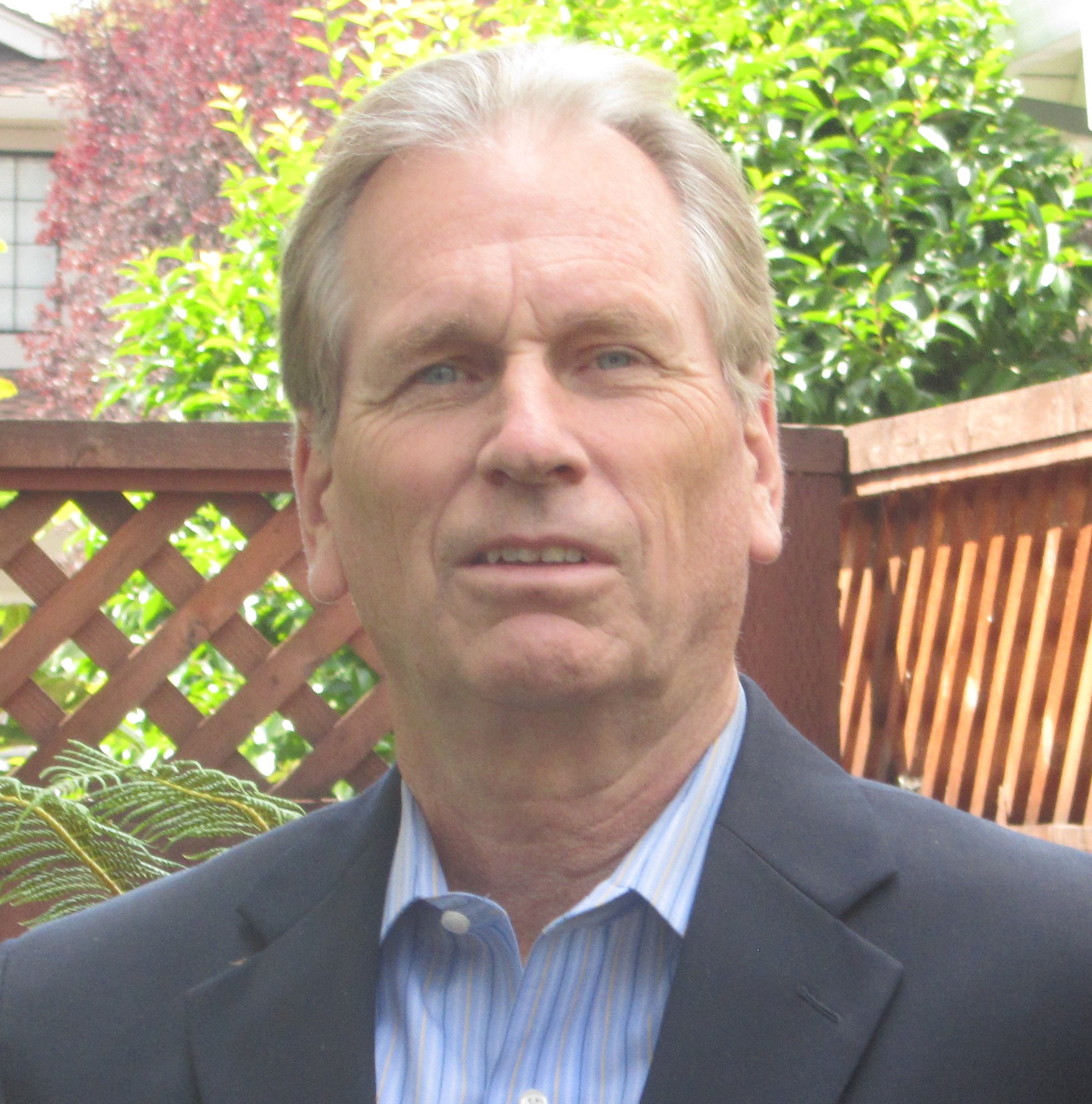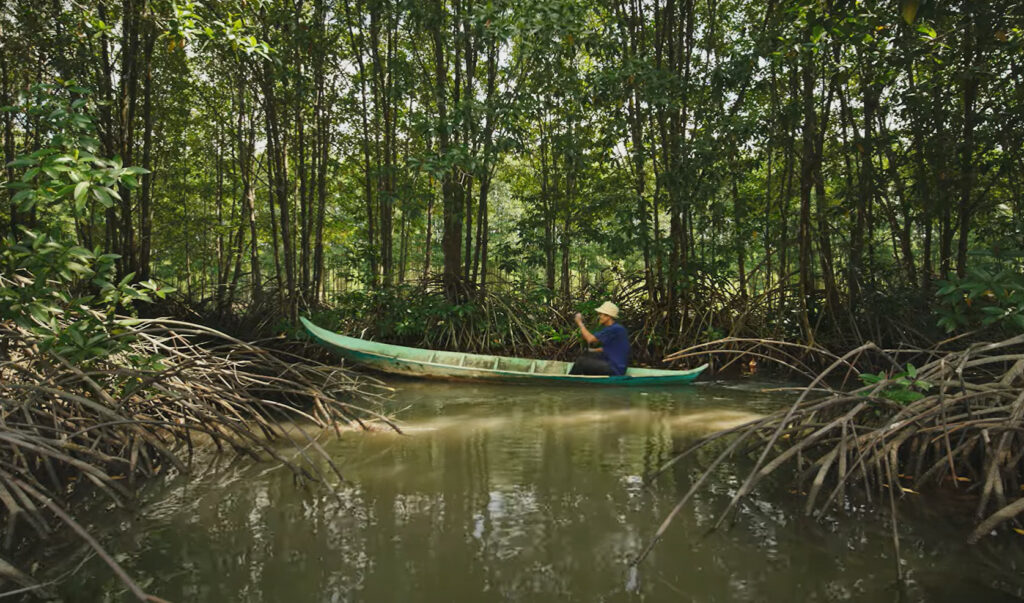Q&A with Phil Gibson of Resiliensea
Tell us a bit about your background.
 I have over 35 years of experience working in the seafood industry. I lived in Alaska in my younger years, working on boats and in processing for part of that time. I was also in the grocery business and for 22 years I worked for Safeway supermarkets in its Seattle regional headquarters and then in the corporate office in California. The last seven of those years I was the corporate group director of seafood. Notable achievements during that period were development of a line of fresh & frozen seafood products that produces over $200 million in sales today, a just-in-time seafood warehouse delivery system to ensure maximum freshness, and for implementing a comprehensive sustainable seafood policy that became a model for other retailers. I retired from the company in 2013 and started Resiliensea Group, a consultancy specializing in helping companies develop sustainable sourcing policies and employee training programs. In 2017 I also became involved in development of LocalCoho, a land-based RAS Coho salmon farm in New York state that was the first BAP certified farm of its kind in the country. I am now the CEO of that company, and we are looking forward to full production later this year. This facility is the first of several that we will build close to markets across the country.
I have over 35 years of experience working in the seafood industry. I lived in Alaska in my younger years, working on boats and in processing for part of that time. I was also in the grocery business and for 22 years I worked for Safeway supermarkets in its Seattle regional headquarters and then in the corporate office in California. The last seven of those years I was the corporate group director of seafood. Notable achievements during that period were development of a line of fresh & frozen seafood products that produces over $200 million in sales today, a just-in-time seafood warehouse delivery system to ensure maximum freshness, and for implementing a comprehensive sustainable seafood policy that became a model for other retailers. I retired from the company in 2013 and started Resiliensea Group, a consultancy specializing in helping companies develop sustainable sourcing policies and employee training programs. In 2017 I also became involved in development of LocalCoho, a land-based RAS Coho salmon farm in New York state that was the first BAP certified farm of its kind in the country. I am now the CEO of that company, and we are looking forward to full production later this year. This facility is the first of several that we will build close to markets across the country.
Why did you join GSA?
What solutions does responsible aquaculture provide?
What are the three words that best describe the future of the industry?
Where is the most interesting place you’ve traveled to?
Thanks for being a member, Phil!




